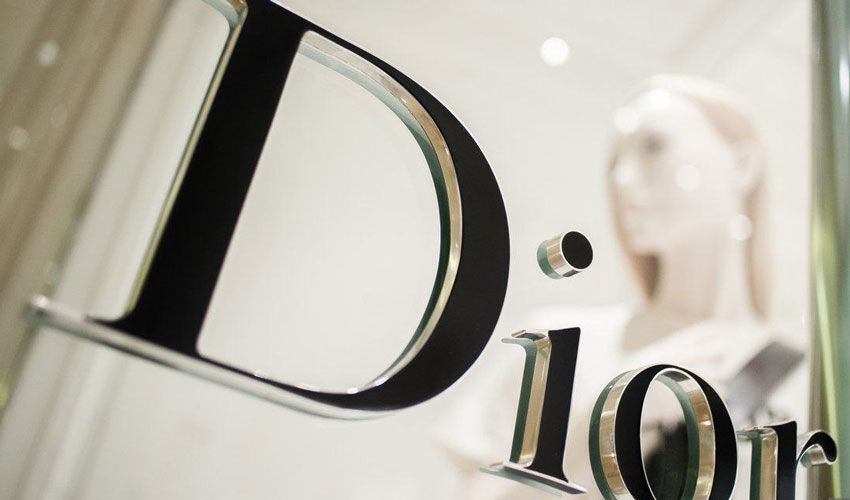
Sectors such as wine, spirits, fashion and leather goods saw a decline in revenue and profits in the first half of the year. At the same time, the high-end watches, jewelry, perfumes and cosmetics business remained stable. LVMH said that the company “demonstrated good resilience and maintained its innovative momentum despite the unstable geopolitical and economic environment”.
It wasn’t just LVMH that noticed the decline in performance. Kering, which is also based in Paris and owns Gucci, Bottega Veneta and Yves Saint Laurent, reported a significant drop in sales in the first half of the year.
The main reasons are reduced spending by customers, slowing demand in China, rising prices and low quality of goods, frequent appearances in the mass-market segment.
Another reason is the customs duties imposed by the US – 15% on goods from the European Union and 39% on goods from Switzerland. This can have serious consequences in such an important market as the US, as many luxury goods are produced in France or Italy, while high-end watches come from Switzerland.
According to the observation of Imke Wouters, partner at consultancy Oliver Wyman and a retail expert with 15 years of experience in China, in the PRC some luxury brands are doing well while others are experiencing a serious decline. Assessing the outlook, Wouters says the industry will grow at a more moderate pace in the future. “It’s not like the days when all luxury brands were thriving,” she clarified in an interview with DW, noting that there will be winners and losers.
U.S. duties on luxury goods from the EU will not affect Chinese buyers, but geopolitical uncertainty encourages the latter to shop at home. Last year, the Chinese bought about 40% of the luxury goods they purchased in their own country. Now, according to Wouters’ calculations, this figure has reached 75%.
According to a recent report by consulting firm Bain & Company, the luxury goods industry could face the worst downturn since the 2008-2009 financial crisis, not counting the shock caused by the pandemic, due to the reticence of many buyers.
Last year, for example, global sales in the industry declined by 1%. This year sees a further decline – analysts at Bain & Company forecast a moderate 2-5% drop by the end of the year. But they expect the outlook to be brighter in the future.
“Rising global incomes, the intergenerational transfer of wealth and a projected 20% increase in the number of wealthy individuals will still expand the pool of potential luxury buyers,” Bain & Company believes.
However, in their opinion, increasing the number of buyers is not enough. Brands need to rethink their approach to attracting younger consumers, avoid over-reliance on large customers and build emotional connections beyond the usual willingness to buy.













